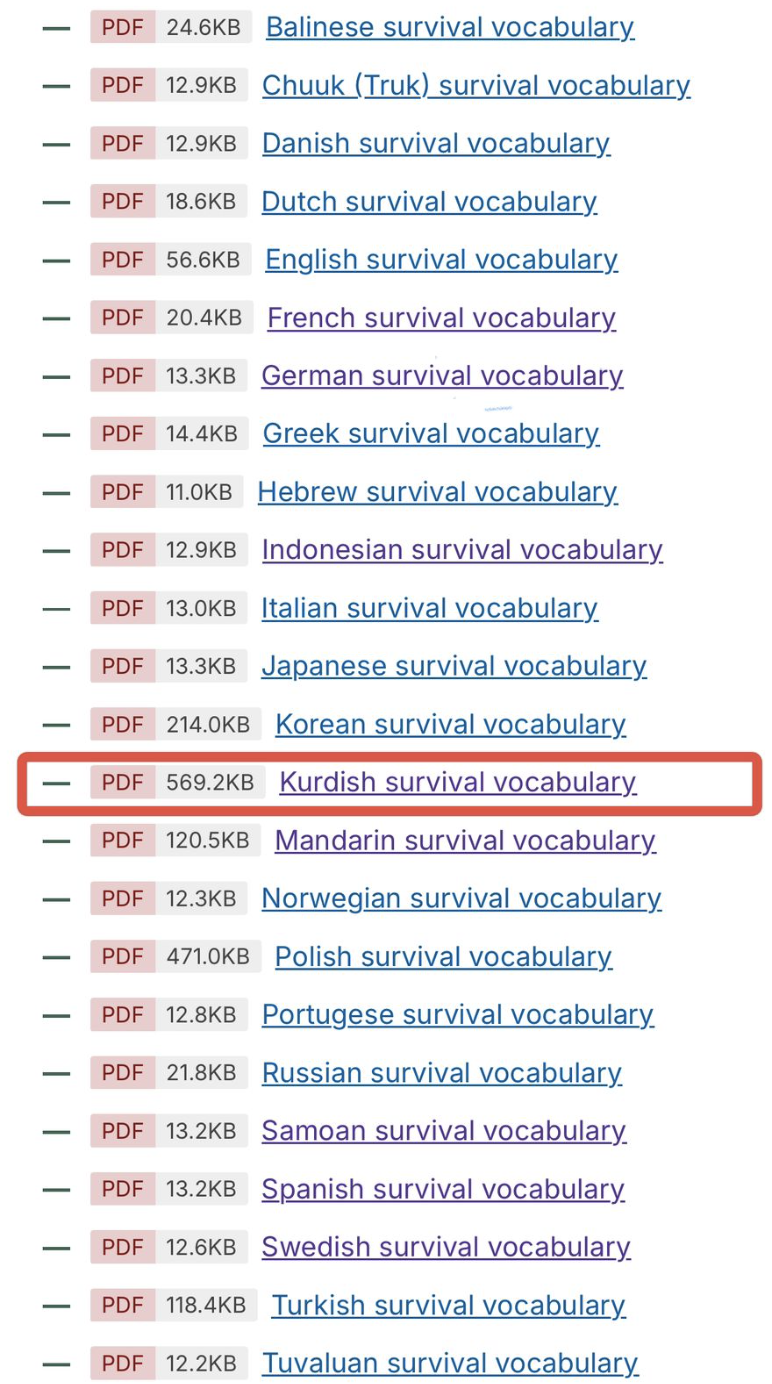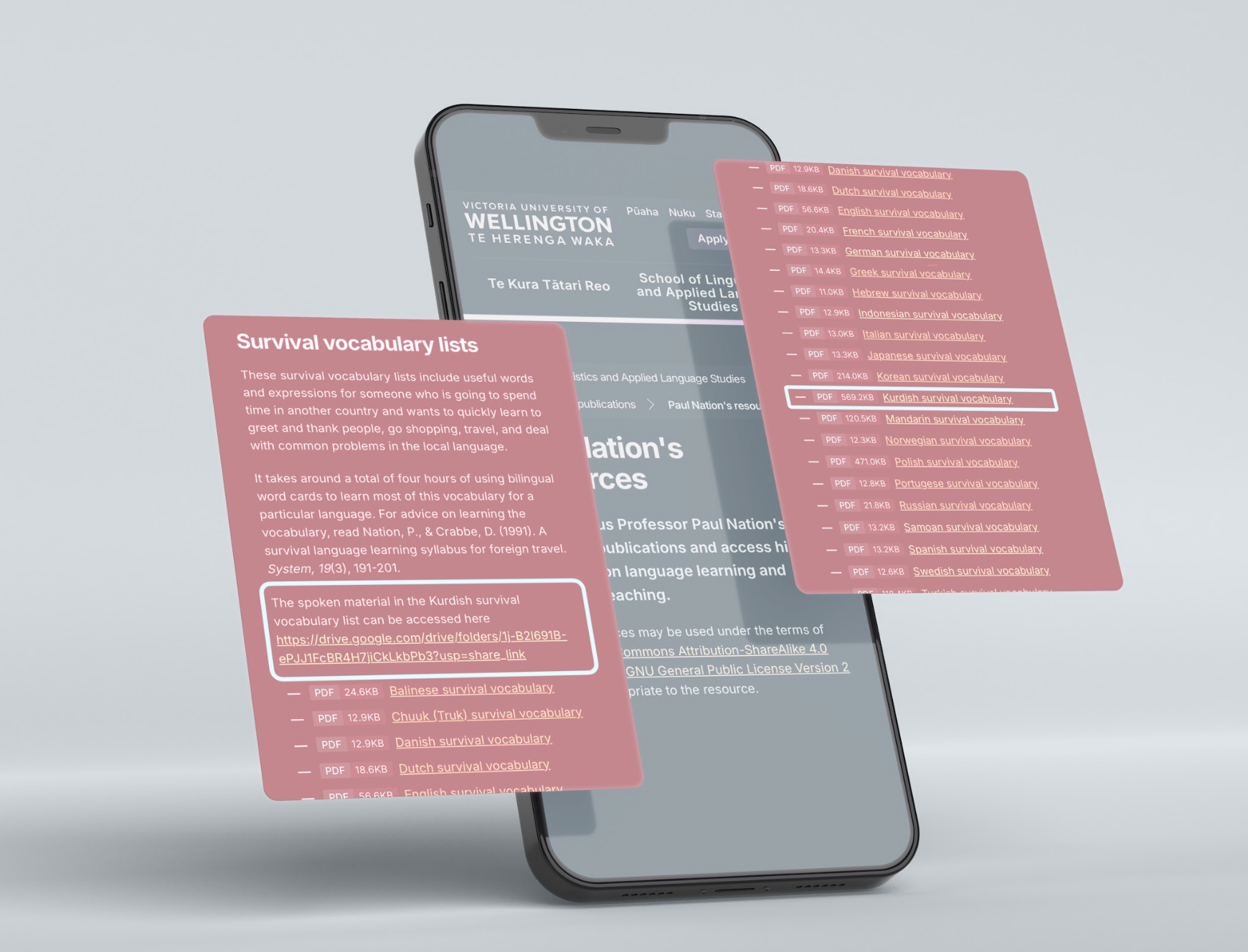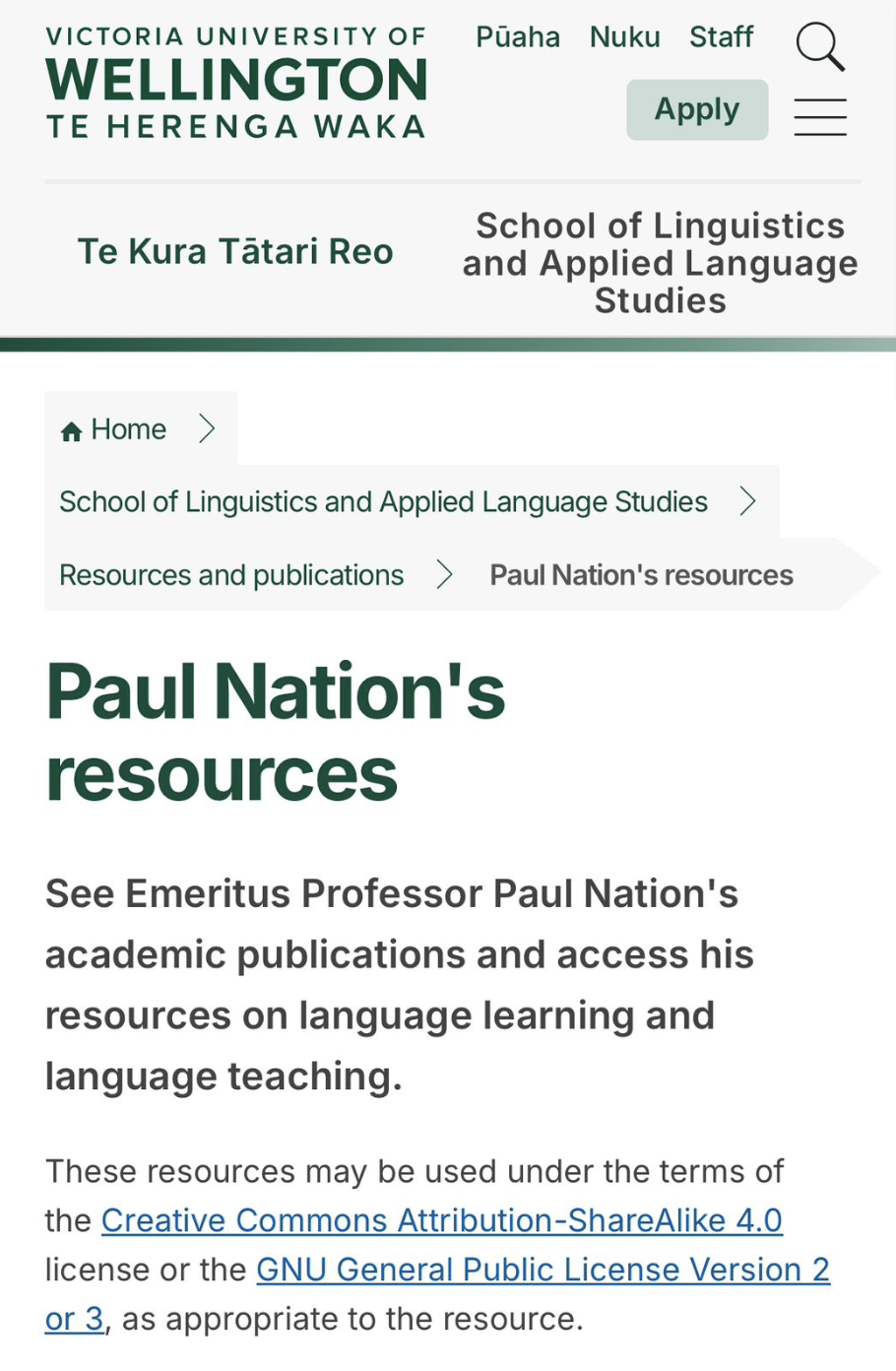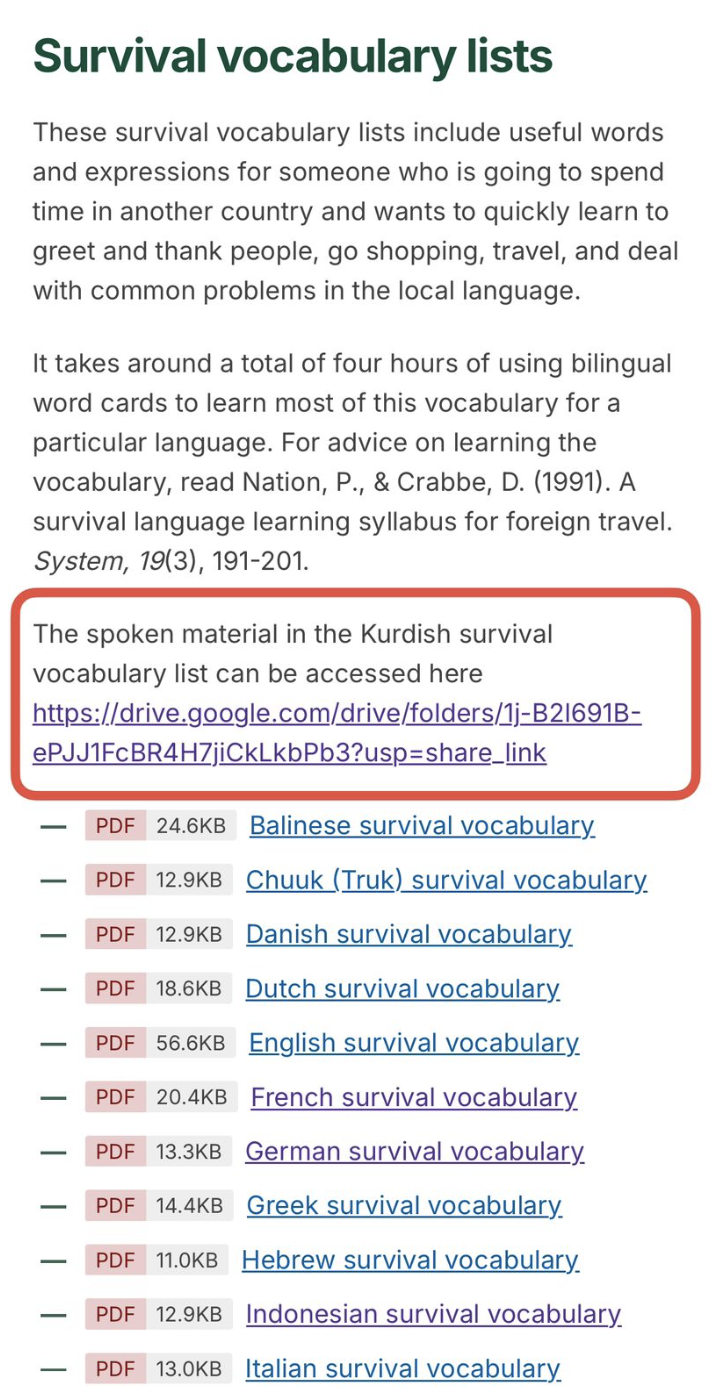Have you ever traveled to a place where they speak a language that is entirely unfamiliar to you? A language that sounds like a series of connected sounds because you don’t understand it? How did that make you feel? Now imagine how much easier and more rewarding your experience would be if you knew even a few basic expressions – greetings, common phrases, or names of everyday items – in the local language. These simple words can open doors, earn smiles, and perhaps even get you a discount. The answer to the question of whether such knowledge makes a difference is often a resounding “yes.”

Survival vocabulary includes essential expressions and words that allow visitors, foreigners, or expatriates to communicate basic ideas in a local language with minimal effort. Paul Nation, a prominent linguist and emeritus professor at Victoria University of Wellington in New Zealand, has contributed significantly to developing survival vocabulary lists. His specialization revolves around vocabulary acquisition, teaching, and learning. The university has dedicated a whole platform to display Nation’s resources and publications, including survival vocabulary for approximately 20 languages.
As an English teacher, I always find myself utilizing Nation’s resources in my classes. One day, while exploring them, the idea of adding survival vocabulary for Sorani Kurdish crossed my mind. Kurdistan, with its breathtaking nature, unparalleled hospitality, and rich cultural heritage, draws countless tourists every year. Additionally, many foreigners and expatriates live and work in Kurdistan for multiple purposes and interact daily with native Kurdish speakers. Therefore, this realization inspired me to take action to ensure that visitors to Kurdistan have a resource they can use to learn the language.

An exceptional team
In July 2024, I assembled a dedicated team to create a Kurdish survival vocabulary syllabus. After receiving confirmation from Nation, the work began in earnest. The team included my current supervisor at Amideast Iraq in Erbil, Khalid Ibrahim, as a project supervisor; my former college professor, Twana Hamid, as a phonetic transcription editor; my former supervisor, Ghareeb Salih, as a translation editor; two of my colleagues, Ali Yaseen and Shad Mahmood, as proofreaders; one of my students at the Catholic University in Erbil, Darya Dilshad, as a voiceover artist; and me, as the writer.
For approximately five months, we worked tirelessly to ensure the syllabus was both professional and user-friendly. What we believe sets it apart is its inclusion of audio recordings for each Kurdish expression. This feature addresses the challenges posed by the Sorani Kurdish script, which might be unfamiliar to many learners with no prior knowledge of the Arabic alphabet. The audio tracks feature native Kurdish speakers to enable learners to hear correct pronunciation and practice effectively. Each expression is also hyperlinked to its corresponding audio track, meaning that individual audio tracks can be accessed by clicking on the Kurdish expression. To further enhance accessibility, we included visual support, cultural expectations and explanations, and phonetic transcriptions that mainly rely on a PhD dissertation, The Prosodic Phonology of Central Kurdish, written by the same scholar who was responsible for editing the phonetic transcriptions of the syllabus: Twana Hamid. The syllabus is generally designed for learners with little or no prior knowledge of Kurdish, making it an excellent starting point.

“It looks like you have done a very careful and thorough job on this,” Nation remarked when reviewing the completed syllabus. Today, the Kurdish survival vocabulary syllabus can be accessed, free of charge, on Nation’s Resources platform on Victoria University of Wellington’s website.
One effective technique for mastering these expressions is the Vocabulary Flashcard method. Learners can create small cards, writing the Kurdish expression on one side – perhaps accompanied with a drawing or putting the Kurdish word in a sentence for context – and the translation on the other. It does not matter what other language the learner translates the Kurdish expression to, what matters is that the learner will remember the meaning of the Kurdish expression, or know how to say it. After creating some cards, it is important to practice regularly by first looking at the Kurdish expression and then the translation – if the learner was not sure about the meaning – until the learner has acquired the word or expression. This method aids memory retention and helps learners recognize and use new words confidently.

Talking to the heart
The publication of a project that makes the Kurdish language so accessible brings us immense joy. Now, visitors and learners have a reliable resource through which they can acquire basic Sorani Kurdish expressions. Whether they are exploring Kurdistan’s vibrant markets, nature, cities, or simply greeting locals, they can now connect more meaningfully through language.
Furthermore, one of my lifelong goals is to try to make education accessible to all, especially where and when it is most necessary. This project, made possible by the exceptional team I was fortunate enough to work with, exemplifies my commitment to that mission. I remain steadfast in expanding educational access and promoting the Kurdish language.
As Nelson Mandela once said, “If you talk to a man in a language he understands, that goes to his head. If you talk to him in his language, that goes to his heart.” The Kurdish survival vocabulary syllabus offers learners not only a practical tool, but also a way to connect more deeply with the culture and people of Kurdistan. It can make their journey richer, more enjoyable, and perhaps even more rewarding – with occasional discounts along the way!
Safin Mohammed is an English Language Instructor currently working for Amideast Iraq/Erbil. He has over three years of experience in teaching English.

